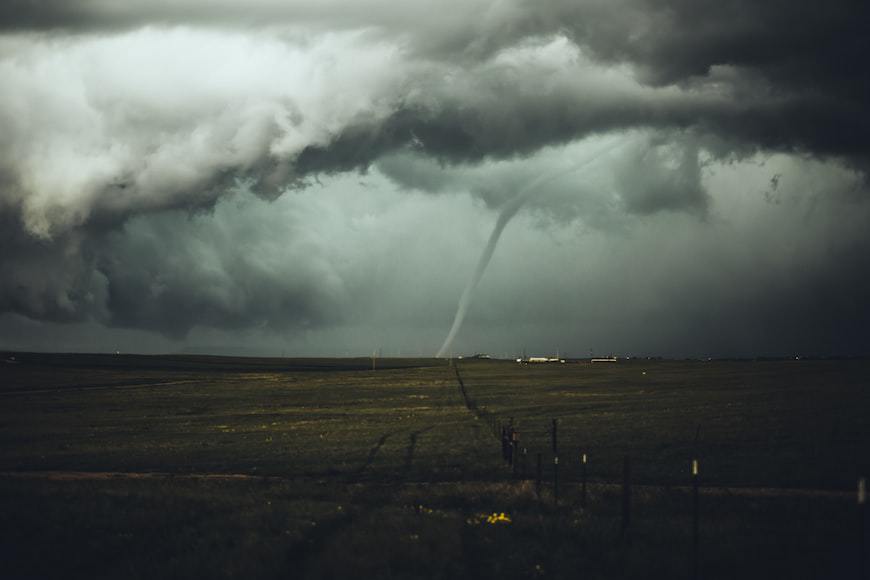Force Majeure Agreement in Indonesia
Force majeure is a contract clause that removes liability for catastrophic, unforeseen events, extraordinary event or circumstance beyond the control of the parties, that prevent participants from fulfilling obligations.Force majeure is a clause often found in contracts which frees both parties in agreement from their respective liabilities and obligations when an extraordinary event or circumstance beyond control of both parties is happening. Generally, force majeures are divided into two main categories:
- Absolute Force Majeures (Absolute Onmogelijkheid)
This is an instance when one of the party could not meet their end of the bargain due to natural incidents like earthquake, flood, epidemic, and mass riots
- Relative Force Majeures (Relatieve Onmogelijkheid)
This is an instance where one of the parties failed to meet their end of the deal due to legal obstacles.
Furthermore, there are several requirements that determine whether an incident is a force majeure or not:
- When the defined obligations within the agreement, cannot be performed due to a destructive event and/or destructive to the object of agreement, this condition is absolute.
- The defined obligations within the agreement, cannot be performed due to unforeseen circumstances which makes it impossible for either parties to fulfill their responsibility.
- The defined obligations within the agreement, cannot be performed due to sudden incidents outside the predictions of the parties and are not the fault of the parties involved.
In Indonesian Civil Law Articles 1244 and 1245 of the ICC (Indonesian Civil Code), it is constituted that force majeure can exempt a party from its contractual obligation should there be any unpredictable circumstances beyond its control. The party would then not be held accountable for the liabilities and damages caused. After knowing the legal basis of this matter, it is important to know about the key aspects that must be clarified in the force majeure agreement and also the aftermath of the event.
- Detailed Description of Force Majeure Event
In the agreement, both parties must define and agree the events that could potentially be categorized as a force majeure. For example, in musical concerts, heavy rain and thunderstorms are commonly considered as circumstances considered as force majeure. Furthermore, should the force majeure occur, the responsible party should give a detailed, chronologic, chain of events that happened during the force majeure. This explanation is very crucial to determine whether the force majeure actually happened. In relation to their responsibilities, this explanation will also determine whether they are eligible to be relieved or exempted from their end of the deal.
- Aftermath of Force Majeure
After the force majeure happens, the responsible party must be able to recount the aftermath. Especially, they must be able to reasonably explain how the force majeure is causing the event to fall through or making them unable to fulfill their responsibilities.
- Mitigation Steps
In the force majeure agreement, both parties must discuss and agree to the terms of mitigation steps should a force majeure happens. For example, outdoor musical concerts, moving the audiences to an indoor/semi-indoor stage is commonly used as a mitigation when force majeures like heavy rain and thunderstorms happen. Having clear mitigation steps and preparing it properly beforehand helps both parties take quick action should a force majeure happen.
- Prove of Exhaustion of the Mitigation Steps
Mitigation steps are prepared and conducted should a force majeure occur. The responsible parties must prove that mitigation steps are already taken but it could not prevent the force majeure from affecting their event/deal. By proving this, the terms agreed in the force majeure agreement will come into effect and the responsible party will be relieved from fulfilling their obligation.
How can Double M help?
Making a force majeure agreement will help protect both parties from unwanted circumstances. Double M can help you formulate a force majeure agreement in Indonesia that suits both parties.
